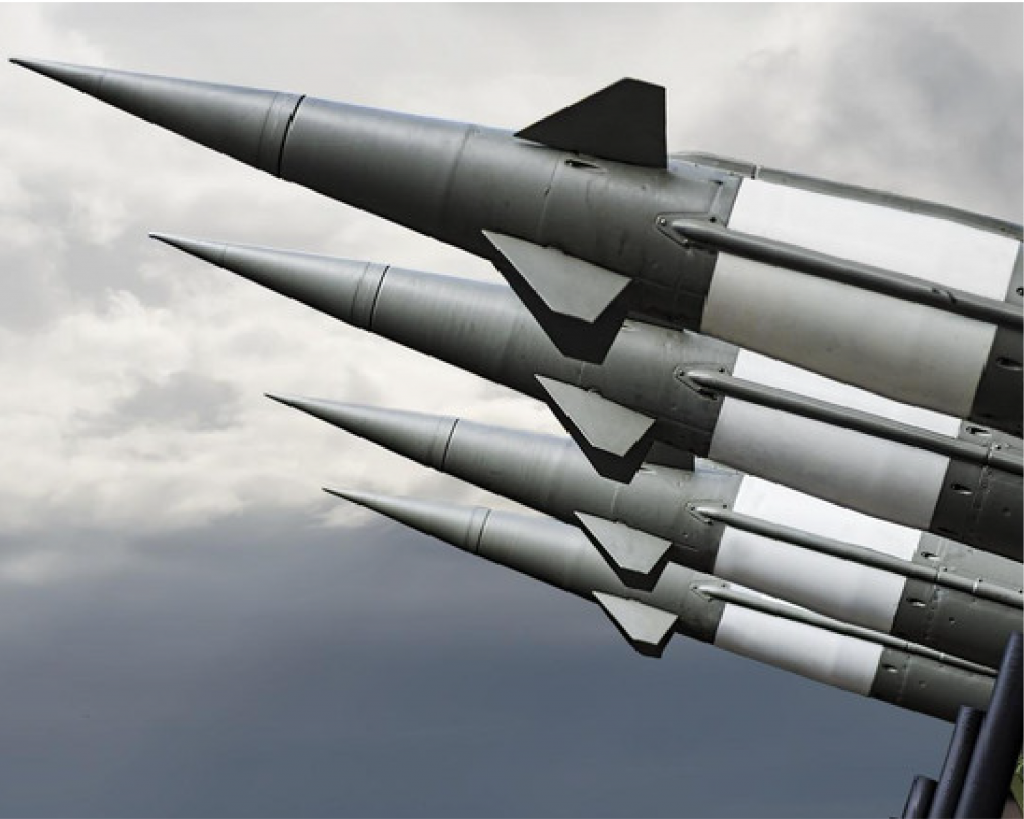On May 8, President Donald Trump declared that he was withdrawing from the Iran nuclear deal, an international program aimed to curb Iran’s nuclear weapons development for the gradual reduction of Western sanctions. Trump’s plans are to impose pre-deal sanctions and consider even stronger penalties, a policy introduced as part of his election campaign promises. The main counterparts of the deal, Iran along with France, Britain, and Germany said that it would remain in the deal.
“If the US scraps this deal, then the message to Tehran would be that its security is not guaranteed,” said Michael Silber, AP World History teacher. “When Iran signed the deal, it was under the understanding that security would be guaranteed and sanctions would be lifted. Iran may resume its nuclear program, which would have consequences for the region. Iran’s relationships with countries like Saudi Arabia and Israel would deteriorate.”
President Trump and Republican congressmen have publicly scorned the deal for some time, claiming that it did not address the threat of Iran’s ballistic missiles. President Trump previously expressed concern that Iran still retains the ability to develop nuclear weapons in a short period of time. However, President Trump’s statement has been challenged by the New York Times, which reported that it would take over a decade for Iran to fully develop nuclear weapons.
“The Iranian nuclear deal is a crucial part of nuclear diplomacy,” said Leonard Lee (10), MUN member. “Many countries look up to the nuclear deal as the embodiment of rogue nations complying with international laws through force and diplomacy. If a major actor like the US steps out of the deal, nations that illegitimately have nuclear weapons will be less likely to give up their nuclear weapons.”
Out of eight major signatories of the Iran nuclear deal, France, Britain, Germany, and Iran have already stated that they would not exit the deal. President Trump’s announcement received little to no support among European nations, whose officials tried to lobby and searched for fixes that would satisfy him. According to The Guardian, some European companies, which have begun trading with Iran, may be caught in the US’ re-imposing of sanctions. The New York Times claims that the harm to European businesses may cause a clash between the US and European countries.
“Even if the impact doesn’t happen directly, there will be impact on the upcoming North Korea-US summit,” Mr. Silber said. “The North Korean leader is absolutely watching how the US deals with Iran, not so much because Iran is an ally, but more to evaluate US’ diplomatic techniques and strategies. If North Korea cannot trust the US as a partner, it will be less willing to continue negotiations with South Korea and the US.”
In the same presidential speech, Trump announced that Secretary of State Mike Pompeo was currently in North Korea to discuss the upcoming summit meeting. The summit meeting will focus heavily around denuclearization, and President Trump’s response to the Iran nuclear deal has clarified the US’ stance: it will pursue strict regulations on nuclear research with harsh penalties if standards are not met. One of Trump’s advisers told the New York Times that Trump’s policy of maximum pressure would be able to extract a better deal from North Korea and Iran. As Trump withdraws from the Iranian nuclear deal, questions remain whether the upcoming North Korea summit meeting will meet his satisfaction.

